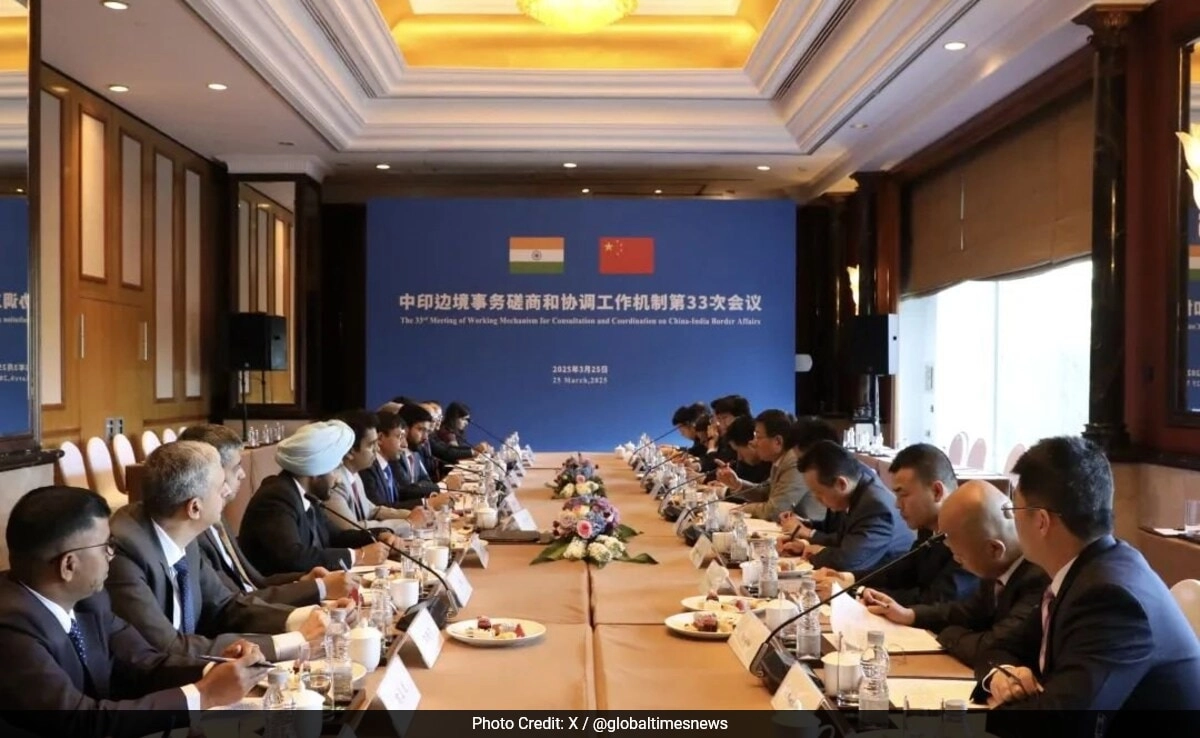In a significant shift reflecting the country’s evolving political landscape, Bangladesh’s central bank, the Bangladesh Bank, has announced the replacement of the portrait of Sheikh Mujibur Rahman, the founding leader of Bangladesh and the father of former Prime Minister Sheikh Hasina, on its banknotes. This decision marks a pivotal moment in the nation’s history, as it moves away from the legacy of one of its most iconic figures. Sheikh Mujibur Rahman’s image has long been synonymous with the struggle for independence and the formation of Bangladesh as a sovereign nation following its liberation from Pakistan in 1971.
The change in banknote design comes amidst growing political tensions and unrest in the country. Critics argue that replacing the portrait of Sheikh Mujibur Rahman signifies an attempt to erase the historical significance of his leadership and contributions to the nation. Supporters of the decision, however, believe it is a necessary step towards recognizing the diverse narratives that comprise Bangladesh’s rich history. This shift not only reflects the current political dynamics but also raises questions about national identity and the ongoing debate over whose legacy is celebrated in the country.
The decision has sparked widespread reactions across various segments of society, with some viewing it as an opportunity to honor different leaders and movements that have shaped Bangladesh’s journey. Others see it as an alarming trend that could further divide the nation along political lines. As Bangladesh continues to evolve, the implications of this decision extend beyond mere currency; they touch on the core values and historical narratives that define the nation.
In conclusion, the replacement of Sheikh Mujibur Rahman’s portrait on banknotes signifies a broader dialogue about the past, present, and future of Bangladesh. It highlights the complexities of commemorating historical figures in a rapidly changing political environment. As the country navigates these changes, it will be essential to foster a sense of unity and shared history that respects the diverse contributions of all its leaders while honoring the legacy of its independence. This moment serves as a reminder that history is not just about the past; it is also about how societies choose to remember and honor their narratives moving forward.




